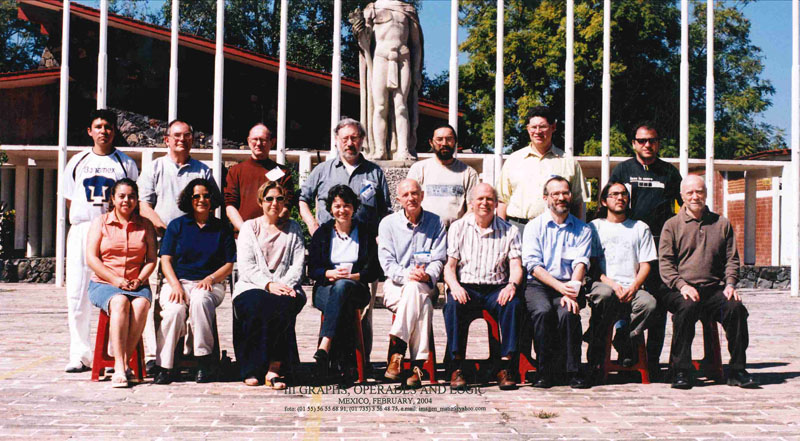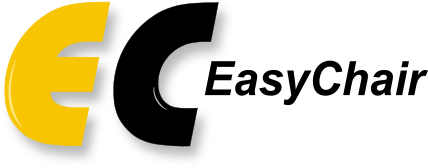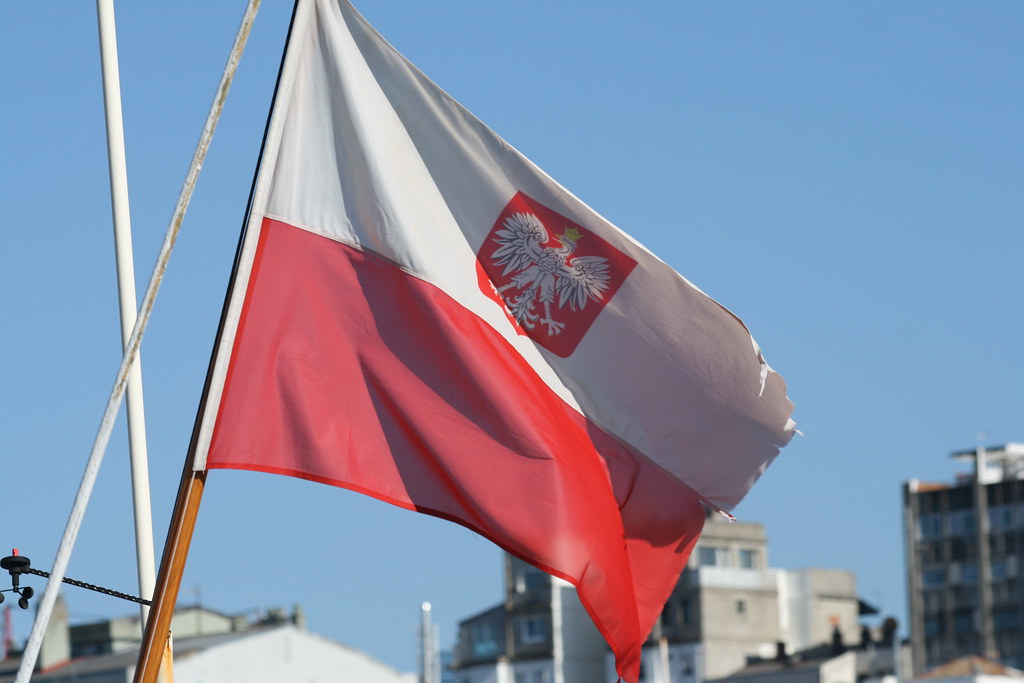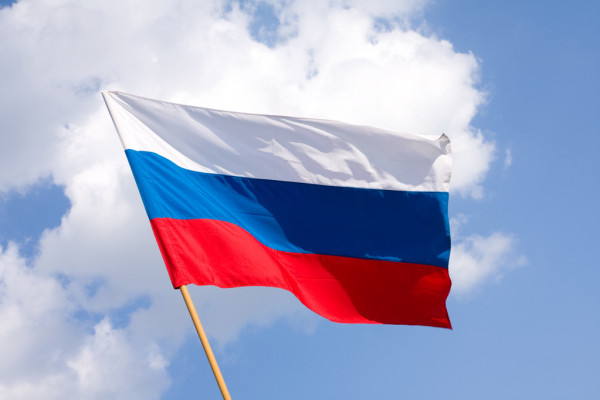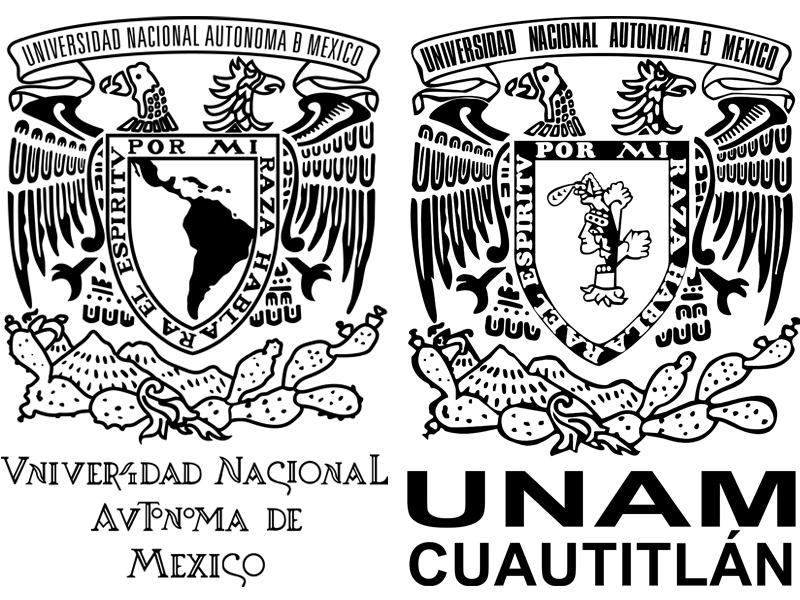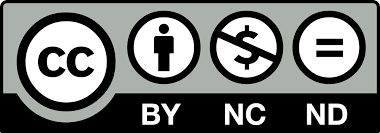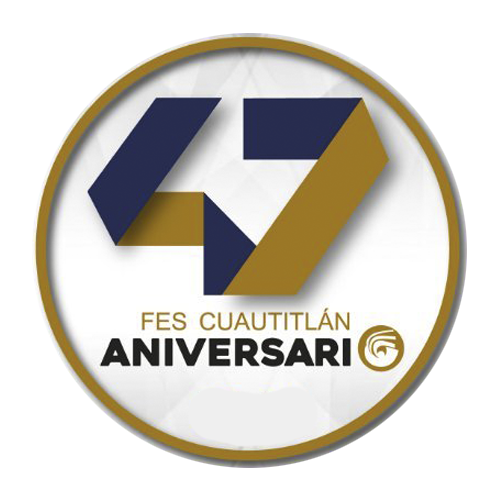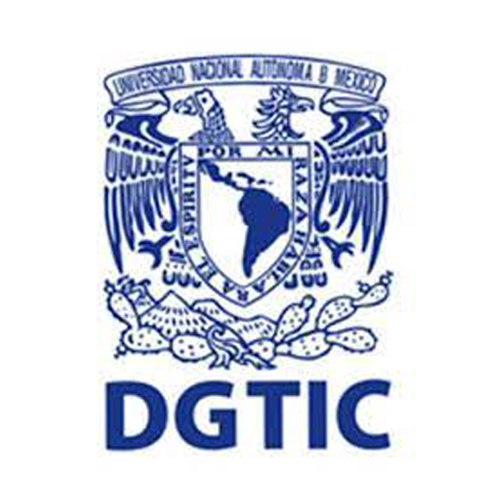Biographical Sketch
Professor Zbigniew Oziewicz
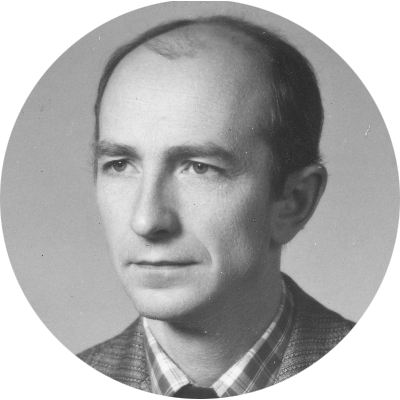
Professor Zbigniew Oziewicz was born on August 22, 1941 in Wilno, when this city belonged to Poland, and died in Mexico on December 8, 2020. He was the first son of the marriage of Franciszek Oziewicz, professor of mathematics, and Zofia Kwass, professor of physics, who motivated and encouraged him in his love for the physical-mathematical sciences.
His academic training began at the Jan Kasprowicz Lyceum in the city of Inowroclaw, Poland in 1959 and later, in 1964, he obtained a Master or Science degree in Physics at the University of Leningrad, now St. Petersburg, Russia, a degree obtained with honors with the defense of the thesis "Gamma - neutrino correlation in first forbidden muon capture".
At the University of Wroclaw, Poland, in 1970 he obtained the degree of Doctor in Sciences in Physics, Summa Cum Laude, with the thesis “Partial Muon Capture”, and his (post doctorate) habilitation in Physics in 1985 with the thesis "Phenomenology of Decays of Muonic Atoms", which granted him the Prize of the Academy of Sciences of Poland on June 26, 1985.
He carried out several specialized studies, some of them on the theory of elementary particles at the Joint Institute of Nuclear Research in Dubna, close to Moscow, Russia in 1969. Due to his contributions and depth of thought, he was invited to carry out scientific internships in Sweden, Switzerland, Belgium, and other European countries.
His academic career began in 1965 at his alma mater, the University of Wroclaw, Poland, as an assistant professor at the Institute of Theoretical Physics, where he was promoted to full professor in the Department of Physics and Chemistry at the same university in 1990. He held this position until 2003.
His dynamism and interest in research granted him several scholarships, academic and research stays. For instance, he stayed at the Joint Institute for Nuclear Research (JINR) in Dubna from 1967 to 1969; in the United States of America, at Gannon University (1991-1992), at the University of Texas at San Antonio (2008-2011), at Southern Illinois University at Carbondale in 1984 and 2010; in 2014 in Vilnius, Lithuania, he served as a professor at The Vilnius Branch of Polish University, in the Department of Informatics and Mathematics. He had some other short research stays at various universities in Europe and America.
After being invited by Dr. Jaime Kéller, he arrived in Mexico in 1993 for a research stay at the School of Higher Studies Cuautitlan (FES Cuautitlán) of the National Autonomous University of Mexico, where he finally decided to settle down after competing and winning the position of full-time tenured professor in the Physics Department, a position he held from 2000 until 2020, the year of his death
Physics and mathematics were the focus of his research lines: Category Theory; Relativity, Quantum Mechanics, Quantum Field Theory, Quantum Computation, Non-commutative and Non-associative Algebraic Structures, Non-Euclidean Geometry, Topology, Knot Theory. In recent years, he focused on a Category-Theoretic approach to the Theory of Relativity, regarding it as a groupoid category. In addition, he addressed various topics in the philosophy and teaching of science; especially, mathematics.
He actively participated in several international scientific committees, among them: Advanced in Applied Clifford Algebras, published by Springer Birkhäuser; Journal of Generalized Lie Theory and Applications; Algebras, Groups and Geometries; Journal of Physical Mathematics; Academic Research at University of Arts and Sciences, Kielce, Poland.
He was member of several professional associations, such as: Center Clifford Algebras International Research Open Studies (CAIROS); Paul Sabatier University at the Institut de Mathématiques de Toulouse, France; Telesio Galilei Academy of Science in Italy; The International Association for Relativistic Dynamics, USA; American Mathematical Society; International Association of Mathematical Physics (IAMP) in Switzerland; Mexican Mathematical Society, and Mexican Society of Physics; The International Society of Science, Culture and Arts; The Institute for Basic Research, Cambridge, USA; Balkan Society of Geometers, Bucharest, Romania; the World Federation of Scientists "Ettore Majorana" in Italy and the International Scientific Council of the National Academy of Sciences of Ukraine.
Zbigniew Oziewicz actively participated in the organization of conferences, lectures, courses, workshops, videoconferences, and research seminars in Mexico and other countries, the most recent events he organized were: The workshops Applied Category Theory, Graph-operad-logic; Clifford Algebras; Differential Geometric Methods; the Max Born Symposium, Sobótka Castl, Poland; as well as the International Conference "Science and Quality of Life" organized annually in Vilnius, Lithuania; the 18th Annual Conference of Natural Philosophy Alliance in The Maryland State University; the International Meeting on the Teaching of Calculus; the Third International Conference of the Institute for Mathematics, Bioinformatics, Information-Technology and Computer-Science in Kolkata, India.
The results of Professor Oziewicz's research have been published in more than a hundred scientific publications, and the recognition of his work resulted in invitations to join the editorial boards of five scientific journals, and international scientific societies. He was a guest speaker at world conferences on mathematical physics, astrophysics and General Relativity Theory. From 2010 to 2020, the most recent ones were held in Italy, Portugal, India, China, Romania, Hungary, United States of America, and Canada.
He collaborated as an editor and member of the Editorial and International Advisory Boards of the following international scientific journals: Advanced in Applied Clifford Algebras, Hadronic Journal, Journal of Applied & Computational Mathematics and Academic Research, and the series Mathematics and Computer Science.
He contributed to the training of new scientists who are currently working in various universities around the world. He was supervisor of doctorate and master thesis in mathematics, computer science and physics.
In addition to his scientific and academic activities, Professor Oziewicz was a committed patriot of his country, an opposition activist in the Polish People's Republic. From 1977 he was involved in the distribution of independent publications. Two years later, he became associate editor of the independent "Lower Silesian Bulletin".
In 1982 he co-founded “The Fighting Solidarity”, an organization which, during the period of martial law, set as its main goal to regain Poland's independence. He had particular merit in boosting and extending the work of this organization, through the creation of local branches under the leadership of Dr. Korlnel Morawiecki, as well as in recruitment for the distribution of underground publications, and establishment of independence centers in several cities (including Lubin, Toruń, Rzeszów, Gdynia, Olsztyn, Inowrocław).
For his contribution to Poland's freedom, he received important recognitions; on June 15, 2007, during the 25th anniversary of theStruggle for Solidarity, Zbigniew Oziewicz received the Officer's Cross of the Order of the Polish Renaissance from President Lech Kaczyński, the second highest recognition a civilian can get in Poland and, on June 27, 2016, he received The Cross of Freedom and Solidarity awarded and presented by President Andrzej Duda.
